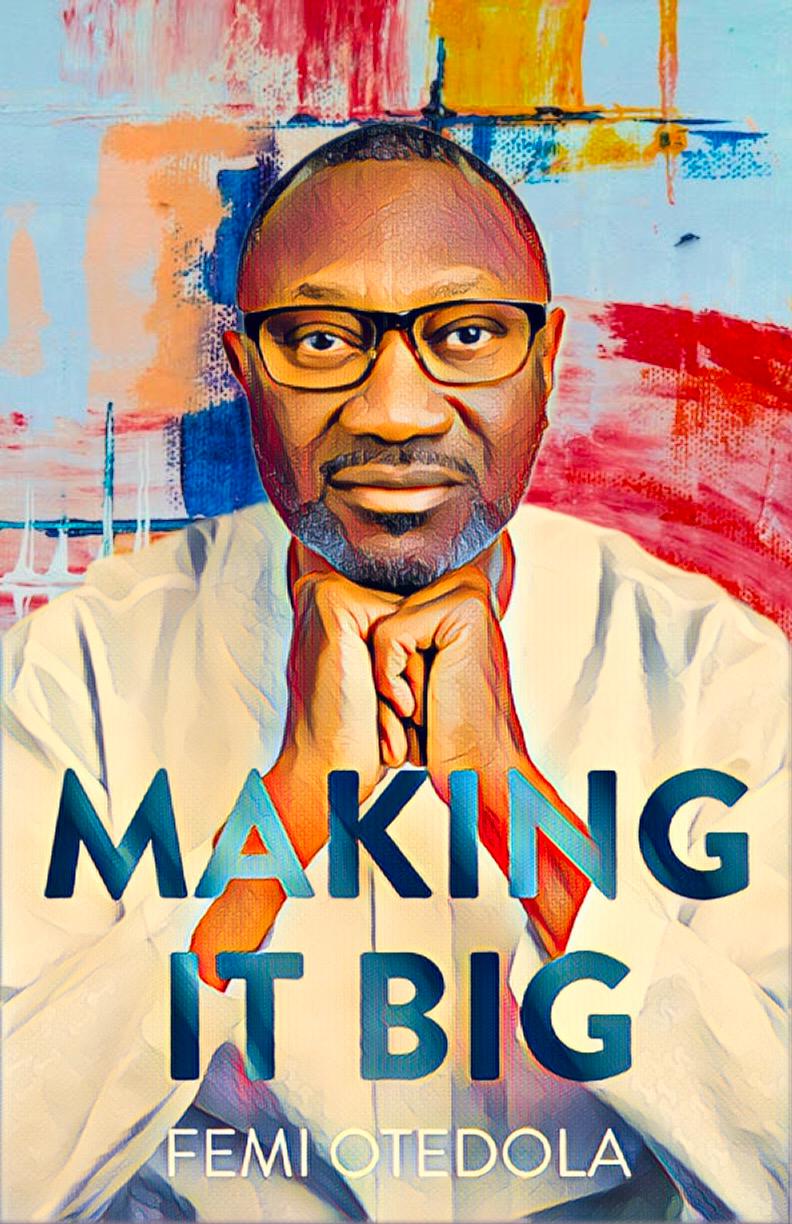KEY POINTS
- Femi Otedola recounts the devastating financial collapse of his businesses after the 2008 oil price crash and naira devaluation in his new book.
- He reveals how banks, once eager to do business with him, turned hostile when he fell into debt, even sending thugs to intimidate him.
- The memoir has received praise from top global figures, providing a candid and powerful look at the highs and lows of business and financial relationships.
In a candid revelation from his upcoming memoir, Making It Big: Lessons from a Life in Business, Femi Otedola, Nigeria’s billionaire investor and philanthropist, shares a harrowing chapter of his entrepreneurial journey.
The book, set to be released on August 18, 2025, chronicles his rise and fall in the business world, offering insights into the volatile nature of wealth, power, and the shifting loyalties of financial institutions.
Otedola, who made his mark with Zenon Petroleum, a company that transitioned from selling diesel in drums to controlling the largest share of the Nigerian market, describes how the global oil crisis of 2008 and the subsequent devaluation of the naira led to massive losses and a dramatic shift in his relationships with banks.
His acquisition of African Petroleum, later rebranded to Forte Oil Plc, had propelled him to the top of the Nigerian business world, but the oil price crash that year would leave him vulnerable.
“Everything changed when a diesel shipment I had ordered in 2008 arrived after the price of crude oil had dropped from $147 per barrel to $40. This dramatic price collapse, combined with the plummeting value of the naira, pushed me into severe debt,” Otedola writes in the book. “All told, I lost more than US$480 million to the plunge in oil prices, US$258 million through the devaluation of the naira, US$320 million from accumulating interest, and another US$160 million as my stocks crashed.”
For Otedola, the transition from wealth to despair was both swift and painful. At one point, he was the darling of the banking world, courted by institutions eager to provide loans and accept deposits. He recalls how banks even sent attractive women to entice him into business deals. Yet, when his fortune crumbled, the shift in the banks’ approach was startling.
“One moment, I was the darling of the banks, who did everything in the world to court me, do business with me, give me loans, take deposits from me,” he recalls. “The next moment, I woke up to the sight of hefty, barrel-chested men standing menacingly in front of my gate, waiting for the moment I’d step out of my compound. They sent thugs to threaten me.”
Experts paint stark picture of brutal nature of business relationships
The excerpt paints a stark picture of the often brutal nature of business relationships and the fickleness of financial institutions. As Otedola struggled with his debts and the collapse of his businesses, the very institutions that had once shown him adoration seemed to turn their backs.
The book, which is a reflection of Otedola’s decades in business, has already received praise from influential figures, including Ngozi Okonjo-Iweala, the Director-General of the World Trade Organization (WTO), Akinwumi Adesina, President of the African Development Bank Group, Aliko Dangote, and Arunma Oteh, former Vice President and Treasurer of the World Bank Treasury.
The candidness of the memoir has captured the attention of many in the business world, and the lessons within are expected to be widely discussed.
In the face of adversity, Otedola managed to rebuild his wealth, becoming one of Nigeria’s wealthiest individuals and a prominent philanthropist. His story is one of resilience, but also a stark reminder of how quickly fortunes can change, and how relationships in business, especially with financial institutions, can be transient.



